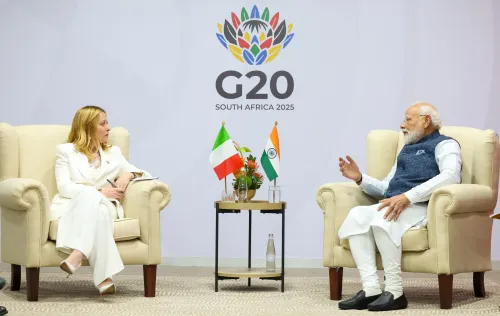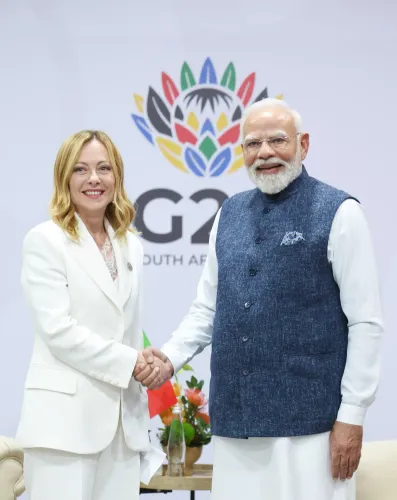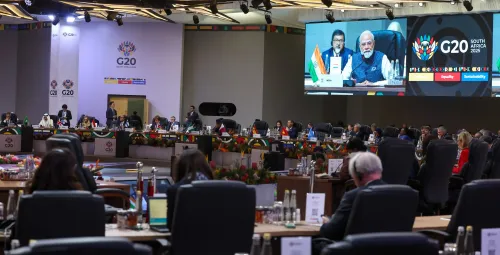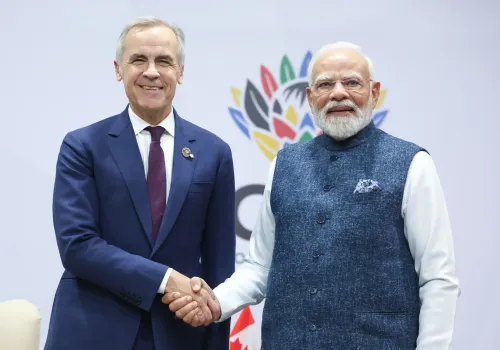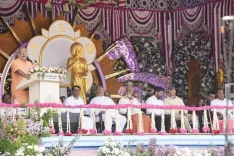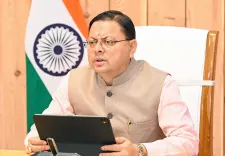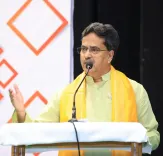Is Religious Extremism Driving Pakistan's Nuclear Threats?
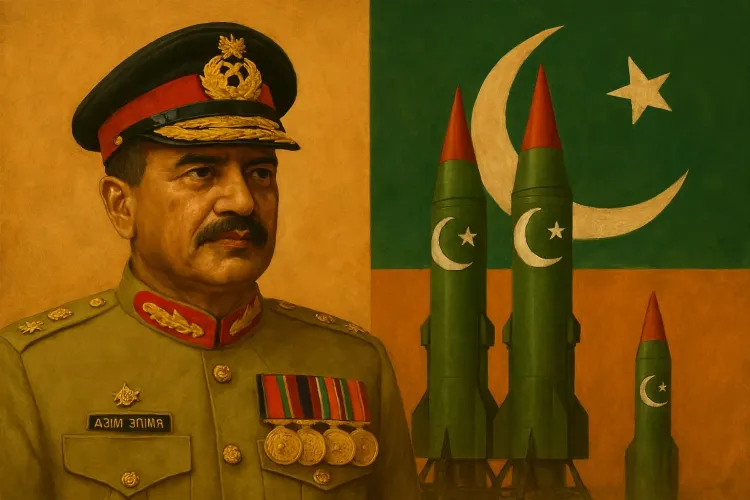
Synopsis
Key Takeaways
- Tara Chand criticizes Pakistan’s nuclear threats.
- Munir's remarks highlight religious extremism concerns.
- Call for global intervention against Pakistan’s nuclear arsenal.
- Support for the Baloch freedom struggle is emphasized.
- International sanctions against Pakistan are advocated.
Washington, Aug 13 (NationPress) Tara Chand, the President of the Baloch American Congress, harshly criticized Pakistani Army Chief Field Marshal Asim Munir for his nuclear threats, labeling him a “false Field Marshal” and a “foe” of humanity.
This statement follows Munir's warning during his recent US trip, asserting that Pakistan would never permit India to obstruct the Indus River and would defend its water rights vigorously, even if it necessitated the destruction of any dams India intends to construct.
Chand, a former Cabinet Minister in Balochistan, expressed his views on X, stating, “Pakistan's false Field Marshal, General Asim Munir, who has threatened to obliterate India and the world with nuclear weapons while in America, should feel ashamed. He stands as the primary adversary of humanity, fueled by the madness of religious extremism under the guise of Islam. His goal is to bring ruin to the world alongside India.”
Pointing to this as a crucial alert, the Baloch leader urged global leaders to confiscate all of Pakistan's nuclear arsenal and implement economic, political, and international sanctions against the nation.
Chand underscored the urgency, stating that before “religiously-driven” Pakistan and its leadership can execute their destructive intentions, their nuclear capabilities must be dismantled to avert potential global harm.
According to reports from Pakistani media, Munir recently visited two cities in the US before heading to Belgium after his second notable trip to the United States in under two months.
In a previous letter to Prime Minister Narendra Modi in May, Chand praised India’s decision to suspend the Indus Water Treaty.
He also called on New Delhi to back the “free Balochistan” movement.
On behalf of the Baloch community in America, he expressed gratitude to PM Modi for India's stance regarding the Baloch plight in Pakistan since 2016.
“Your reference to Balochistan in your address at the Red Fort was greatly appreciated by Baloch people worldwide as a sign of moral support for a nation occupied, oppressed, and terrorized by Pakistan. This brought immense hope to my Baloch people,” the letter stated.
“I commend your prudent choice to suspend the Indus Water Treaty, making it clear to the jihadist generals of Pakistan that blood and water cannot coexist,” it further noted.
He highlighted that since the occupation of Balochistan by Pakistan in 1948, the Baloch population has faced severe oppression at the hands of the rogue state.
Chand criticized the jihadist Pakistani Army for numerous enforced disappearances and killings of the Baloch people.
He described these atrocities as part of Islamabad's strategy to stifle the freedom struggle in Balochistan, a battle that has been ongoing since Pakistan's forcible annexation of the region.
The Baloch leader has urged the Indian government to adopt a policy of political, moral, and diplomatic support for the Baloch national resistance against Pakistan's occupation.

